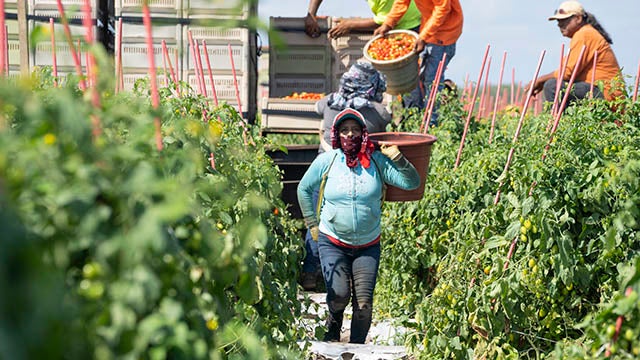This was originally posted on the Huffington Post
Tom Friedman is no stranger to the connection between political stability and the price of food. Having just returned from probing that relationship in depth in the Middle East, his insights were on full display at this summer’s Aspen Ideas Festival.
In a discussion titled, “Without Water, Revolution,” Friedman drew a clear link between the issues of food and water security on the one hand, and the Arab Revolutions on the other. Droughts and bread price volatility didn’t cause the Arab revolutions, but they were undoubtedly contributing factors. In countries where food and water resources are under threat, the stage is set for civil and political unrest.
It’s clear that the political, environmental, and health implications of food insecurity are stark. What’s not yet clear is whether we have the leadership framework at a global level to confront the complex challenge of sustainably and equitably feeding a growing world population.
So while Friedman was in the region last month to paint the big picture on the threat posed by food insecurity, the Aspen Institute was on the ground working to address the global leadership gap through convening the inaugural dialogue of the Food Security Strategy Group (FSSG) in Marrakech, Morocco. The FSSG is a group of nearly 40 preeminent thought-leaders on hunger, global food markets, climate change, and population who are committed to addressing the challenge of food security through cross-sector dialogue.
Continue reading here.

